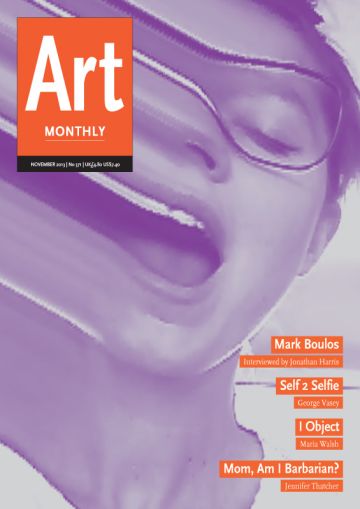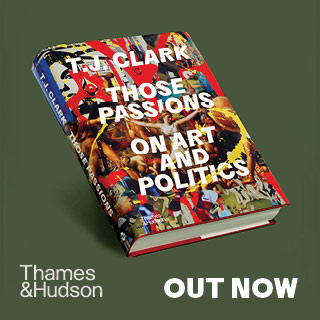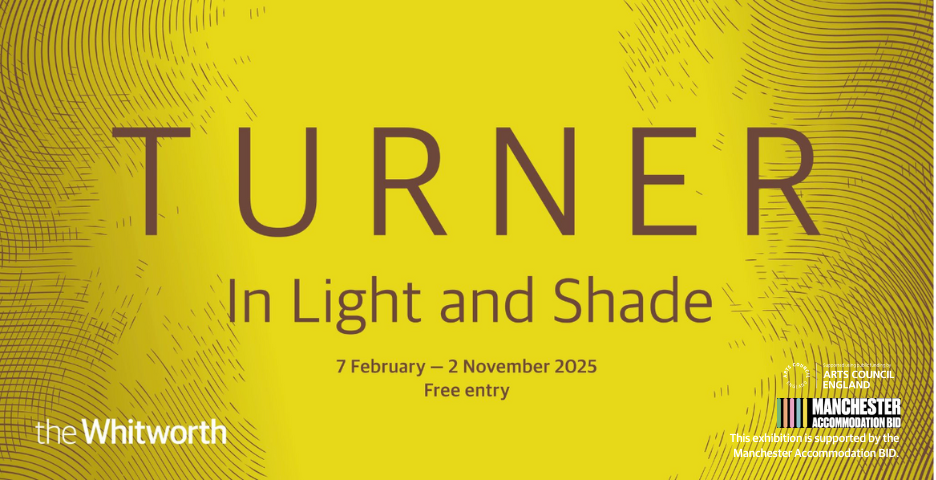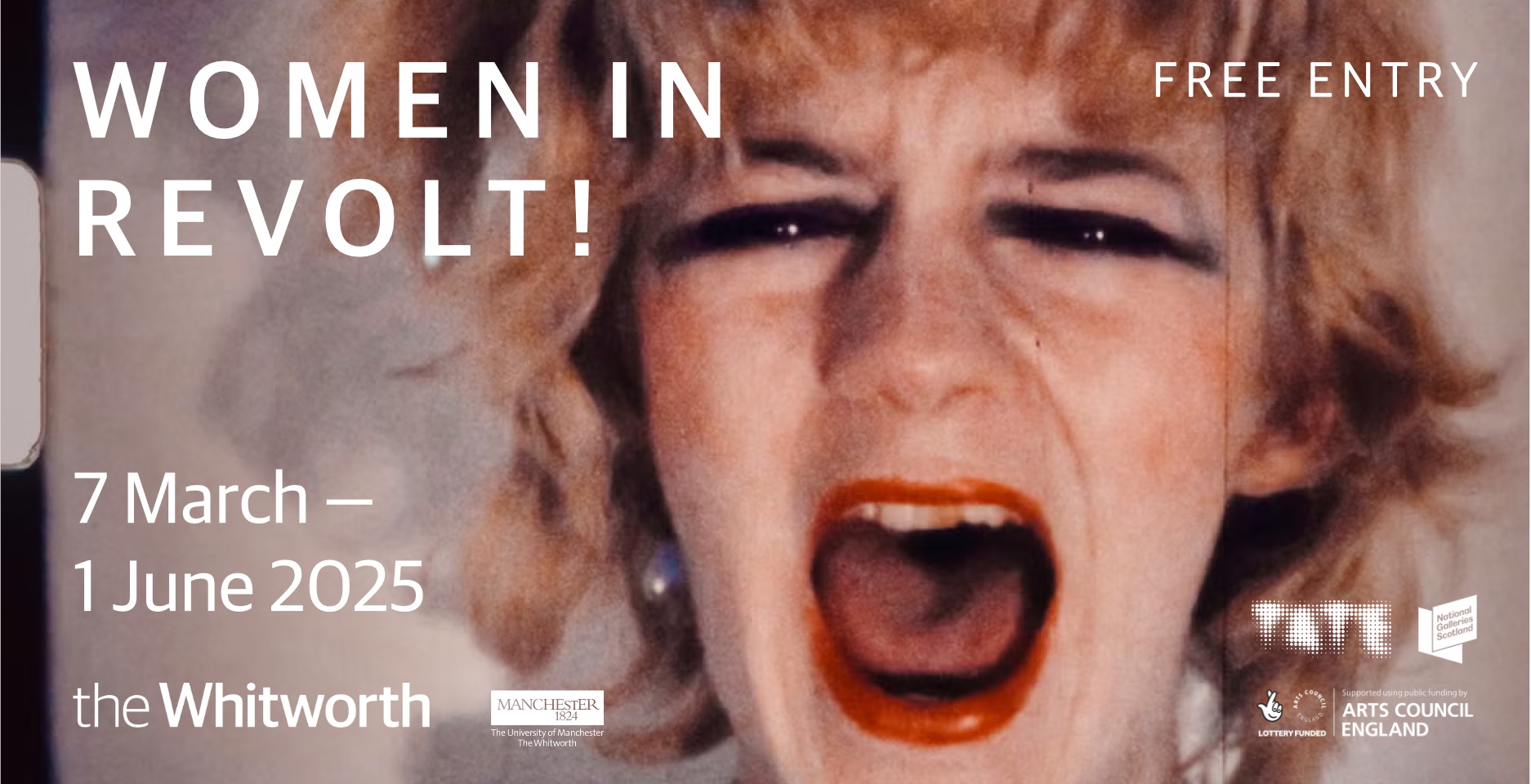Art Monthly 371
November 2013
Mark Boulos
Interviewed by Jonathan Harris
Self 2 Selfie
George Vasey
I Object
Maria Walsh
Mom, Am I Barbarian?
Jennifer Thatcher
Buy Now – select:
Want to read this right now?
Get instant access to the entire back catalogue via Exact Editions from only £8.99!
Contents
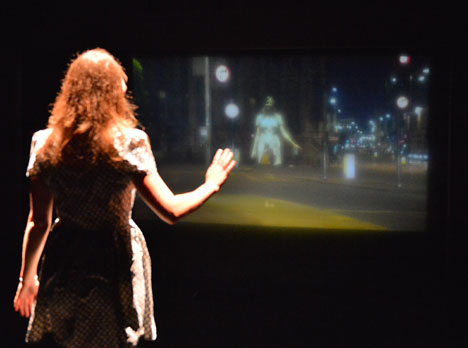
Mark Boulos Echo 2013
Interview
Love Stories
Mark Boulos interviewed by Jonathan Harris
Self-declared Marxist filmmaker Mark Boulos utilises documentary to reinvent political propaganda while implicating the artist, the viewer and the subject in unfolding narratives. Here he discusses the power of love in the face of the alienating effects of capitalism, motivations for terrorism and how not to take it personally when you are threatened with a machete.
'The greatest taboo in contemporary art is a discussion of love, which is surprising for people outside the art world – that we can't have images that talk about or represent love. We will happily talk about sex or perversion or any amount of abjection, but not human tenderness.'
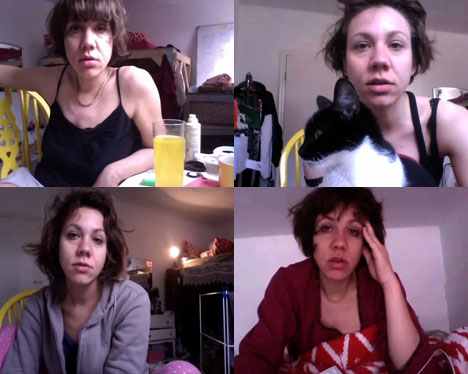
Erica Scourti Life in AdWords 2012-13
Feature
Self 2 Selfie
George Vasey on self-portraiture and feminist art
The serial photographic self-portrait was adopted in the 1980s by feminist artists such as Jo Spence and Alexis Hunter in order to rethink ways of acting. How has a newer generation of webcam artists, such as Petra Cortright and Erica Scourti, responded to their legacy and the challenge of new technology?
'The majority of imagery posted online is fairly normative, yet the question remains: what kind of agency does this form of self-portrait produce? There are those who assume that the "selfie" is the outcome of an act of narcissism while others suggest a more complex reading.'

George Barber The Freestone Drone 2013
Feature
I Object
Maria Walsh on art and the new objecthood
Artists such as Mark Leckey, Hito Steyerl, Ed Atkins and Andy Holden are keen to dissolve their subjectivity in order to exist in a non-hierarchical network of things. But could this desire 'to get unalienated' be seen as an infantile abdication of responsibility and even, paradoxically, a narcissistic impulse?
'Object-oriented philosophy insists on the life of objects, a life they deem no more or less valuable than our own. Does this new materialism offer more equitable relations between subjects and objects?'
Comment
Editorial
On Time
Jonathan Crary's book 24/7: Late Capitalism and the End of Sleep shows that capitalism's evolving work practices have wreaked havoc upon daily rhythms, encroaching on the last zone of resistance to neoliberalism's assault on individual freedom and privacy.
'Exhausted university drones – whose class sizes and workloads have doubled since fees went up and government subsidy went down – and sleepless students – many of them supporting themselves with part-time jobs – are only too aware of where both the government and the universities’ priorities lie, and it is not with them.'
Artnotes
Museum attendance is up, and so are the cuts to their budgets; arts funding from the National Lottery is threatened by a legal-loophole-exploiting upstart; unions push for local government arts funding to be made a statutory obligation; the BBC reaffirms its support for the arts; galleries open, reopen, pop-up and double up; the latest news on events, appointments, prizes and more.
Submissions: Send news items to artnotes@artmonthly.co.uk
Reviews
Exhibitions
13th Istanbul Biennial: Mom, Am I Barbarian?
various venues
Jennifer Thatcher
Bergen Assembly: Monday Begins on Saturday
various venues
Teresa Gleadowe
Bob Cobbing: ABC in Sound
Exhibition Research Centre, Liverpool
Jonathan P Watts
Ana Mendieta: Traces
Hayward Gallery, London
Joanna Walker
Marisa Merz
Serpentine Gallery, London
Martin Holman
Tacita Dean: JG
Frith Street Gallery, London
Christopher Townsend
Melvin Moti: Hyperspace
The Majestic, Leeds
Adam Pugh
Word. Sound. Power
Tate Modern, London
Marcus Verhagen
London Round-up
South London Gallery • ICA • Waterside Contemporary • England & Co
Martin Herbert
North-West Round-up
FACT • Grundy Art Gallery • Manchester Art Gallery • Bluecoat • Site Gallery
Bob Dickinson
Reviews
Artists' Books
Anne Tallentire: Object of a Life
Jaspar Joseph-Lester: Revisiting the Bonaventure Hotel
Chris Fite-Wassilak investigates a new series of 100-page paperbacks
'Copy Press this year launched the first six of its "Common Intellect" series. Two books in this initial release combine text and imagery to quietly and effectively create their own ambiguous spaces of subjective physicality.'
Reviews
Books
All This Stuff
David Briers digs through analyses of artists' archives
'This collection reflects not only the rarefied world of formal, institutionally sited artists' archives, but also that of artists who have an unorthodox attitude to their own archives, and others whose work re-frames existing archives or who create their own, taxonomically wayward "un-archives".'
Biennials and Beyond – Exhibitions that Made Art History, Volume II: 1962-2002
Teresa Gleadowe tracks the rise of the professional exhibition maker
'In the introduction to this long-awaited sequel to the first volume of Exhibitions that Made Art History, Bruce Altshuler proposes that, with the beginning of the 1960s, we entered a period of curatorial ascendancy.'
Reviews
Performance
Tyler Coburn: I'm that angel
Cliff Lauson experiences the airlessness of big data
'"I spent an evening in the cloud," is how I have come to describe attending Tyler Coburn's performance in the nearly completed Volta Data Centre in central London.'
Report
Conference / Performance
Living World – Animism in the 21st Century
Giulia Smith gets a little unalienated
'In stark reaction to the old narrative, the new animism does away with anthropocentrism and the imperialist politics it entails. In the past 30-odd years its thinkers have recuperated animism as nothing short of a complex relational ontology for a world in which man features as only one agent among many.'
Artlaw
Contracts
Material Ephemerality
Henry Lydiate on restoring Chris Burden's A Tale of Two Cities
'Increasing numbers of collectors, particularly public institutions which have experienced materiality problems with past acquisitions, now include "what if" terms and conditions in their agreements for acquisition of works directly from today's artists.'
Listings
Events
London Art Calendar
Art Monthly's London event calendar can also be viewed online.
Submissions: Send event info to calendar@artmonthly.co.uk
Exhibitions
Exhibition Listings
Art Monthly's exhibition listings can also be viewed online.

